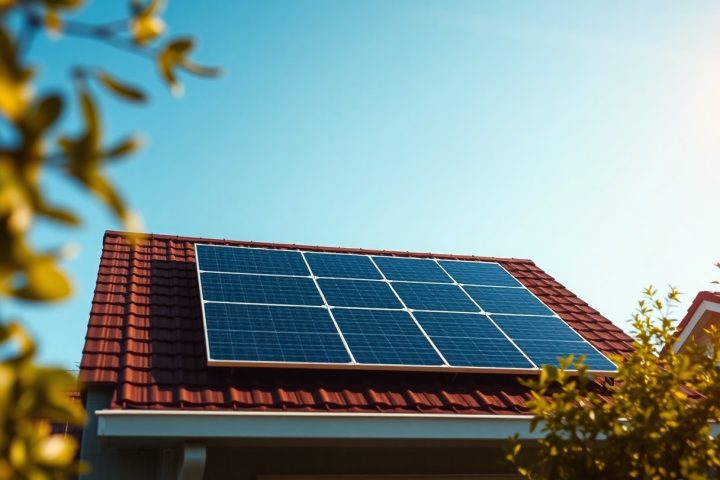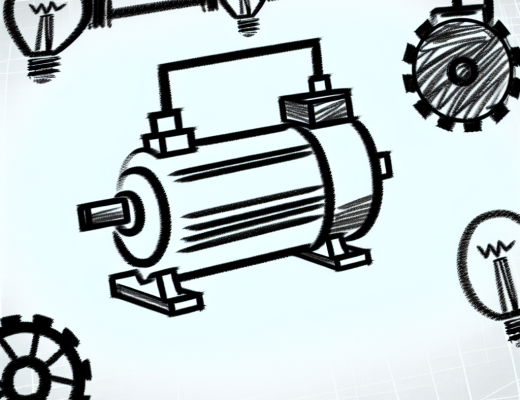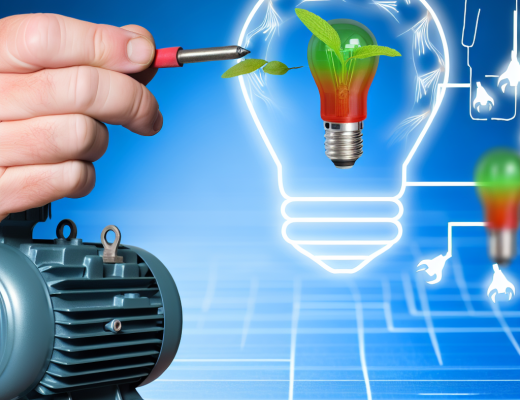There’s a growing interest in solar panels as a means to power your home and reduce energy bills. However, before making the investment, it’s imperative to weigh the advantages and disadvantages of installing solar panels on your roof. From potential cost savings and environmental benefits to installation challenges and maintenance requirements, this article will guide you through the critical factors to consider so you can make an informed decision for your energy needs.
Advantages of Solar Panels
Your decision to install solar panels on your roof can yield numerous benefits, making it an appealing option for many homeowners. Not only can solar panels reduce your energy bills, but they can also contribute positively to the environment and increase your property’s value. Exploring these advantages can help you make an informed choice about incorporating solar technology into your life.
Environmental Benefits
An important advantage of solar panels is their positive impact on the environment. By harnessing solar energy, you can significantly reduce your carbon footprint and reliance on fossil fuels, which helps combat climate change. Solar panels generate clean, renewable energy, contributing to a healthier planet for future generations.
Financial Savings
Below the surface of environmental advantages lies the potential for significant financial savings. By utilizing solar energy, you can lower your monthly utility bills and even sell excess energy back to the grid in some regions, providing long-term economic benefits that offset the initial costs of installation.
Further, many governments and local utilities offer incentives, such as tax credits or rebates, to encourage solar panel installation. This can dramatically reduce the upfront investment, enabling you to recoup costs more quickly and enjoy ongoing savings for years to come.
Energy Independence
One of the compelling advantages of solar panels is the energy independence they provide. By generating your own electricity, you can reduce your reliance on traditional energy providers, insulating yourself against rising energy costs and market fluctuations over time.
In addition, energy independence grants you the freedom to use renewable energy as your primary power source, extending beyond just savings. By relying on solar power, you’re also contributing to a more sustainable energy future while ensuring a consistent power supply for your home.
Increased Property Value
Advantages of installing solar panels on your roof include the potential for increased property value. Homes equipped with solar energy systems often attract more buyers and can command higher prices in the real estate market, as energy-efficient features become increasingly desirable.
Property assessments and studies have shown that homes with solar panels typically sell for a premium compared to similar homes without them. This means that by investing in solar technology, you may not only enjoy immediate benefits but also a worthwhile return on your investment when it’s time to sell your home.
Disadvantages of Solar Panels
Even though solar panels offer numerous benefits, they come with certain drawbacks that you should consider. These include high initial costs, weather dependency, space requirements, and ongoing maintenance. It’s important to weigh these disadvantages against the advantages to make an informed decision for your home.
High Initial Costs
An investment in solar panels typically comes with significant upfront costs. This initial financial outlay can be daunting, as it includes purchasing the panels, hiring professional installers, and any additional infrastructure needed for the system to function effectively.
Weather Dependency
Among the challenges of solar panels is their reliance on weather conditions. Solar energy generation drops on cloudy or rainy days, which can lead to inconsistencies in your energy supply, particularly during periods of extended poor weather.
Consequently, if you live in an area with frequent overcast skies or seasonal weather fluctuations, your solar energy production may be less reliable. This dependency on favorable weather conditions may necessitate the use of supplemental energy sources, potentially increasing your overall energy expenditure.
Space Requirements
Among the potential downsides to solar panel installation are the space requirements they impose. You need adequate roof space to accommodate the panels, which might not be readily available in certain residential setups.
It is vital to assess your roof’s size and orientation before installing solar panels. Limited roof space can directly affect the number of panels you can install, thereby decreasing the efficiency and overall output of your solar energy system.
Maintenance Considerations
Above all, solar panels require some level of ongoing maintenance to ensure optimal performance. This may involve regular cleaning and occasional professional inspections to keep the system running efficiently over time.
In addition, while solar panels are designed to be durable, wear and tear from exposure to the elements can impact their functionality. You may need to replace components or even the panels themselves after several years, potentially impacting your long-term savings and investment.
Installation Process
To install solar panels on your roof, you’ll first need a professional assessment to determine the best system for your property. After selecting the right panels, experienced installers will securely mount them on your roof, ensuring optimal sunlight exposure and structural integrity. The process typically involves wiring, inverter installation, and connecting the system to your home’s power supply. Following the installation, you’ll need to schedule an inspection to comply with local regulations, allowing you to start enjoying the benefits of solar energy while increasing your home’s value.
Long-term Considerations
Despite the initial investment and installation hassles, investing in solar panels for your roof can lead to significant long-term benefits. You should consider the lifespan of solar panels, which typically ranges from 25 to 30 years, as well as the potential increase in your home’s value. Additionally, think about the savings on your energy bills over time, which often eclipse the upfront costs. However, keep in mind that maintenance and potential repairs may arise, so weigh these factors against the energy independence and sustainability solar power offers for your household in the long run.
Case Studies and Real-Life Examples
Now, let’s explore some real-life case studies that illustrate the impact of solar panels on rooftops. These examples can help you understand the tangible benefits and challenges associated with solar energy in residential settings.
- A family in California reported saving 50% on their electricity bills after installing a 6 kW solar system, leading to a reduced annual energy cost of around $1,800.
- In New York, a homeowner saw a return on investment within 5 years, thanks to state and federal tax incentives, resulting in an estimated saving of $15,000 over 20 years.
- A study in Florida noted that homes with solar panels sold for an average of $15,000 more than comparable homes without solar, showing the potential impact on property value.
- A Massachusetts case documented a 30% decrease in energy consumption for a household that utilized battery storage in conjunction with their solar panels, providing additional savings during peak hours.
Frequently Asked Questions
Unlike common misconceptions, solar panels can significantly reduce your energy costs and increase the value of your home. Many people wonder about the initial investment; while it’s true that installation can be expensive, various incentives and financing options may help offset those costs. You might also question the maintenance needs of solar panels, which are generally minimal—just occasional cleaning and checks. If you’re concerned about efficiency, newer technologies have improved performance even on cloudy days. Ultimately, understanding these aspects can help you make an informed decision about whether solar panels are right for you.
Final Words
As a reminder, considering the advantages and disadvantages of solar panels on your roof is imperative for making an informed decision. While solar energy can significantly reduce your electricity bills and lower your carbon footprint, the initial investment and potential maintenance costs are factors you need to evaluate. Additionally, solar panel efficiency may vary based on your location and roof conditions. By weighing these pros and cons, you can determine if solar panels align with your financial goals and sustainability preferences.




